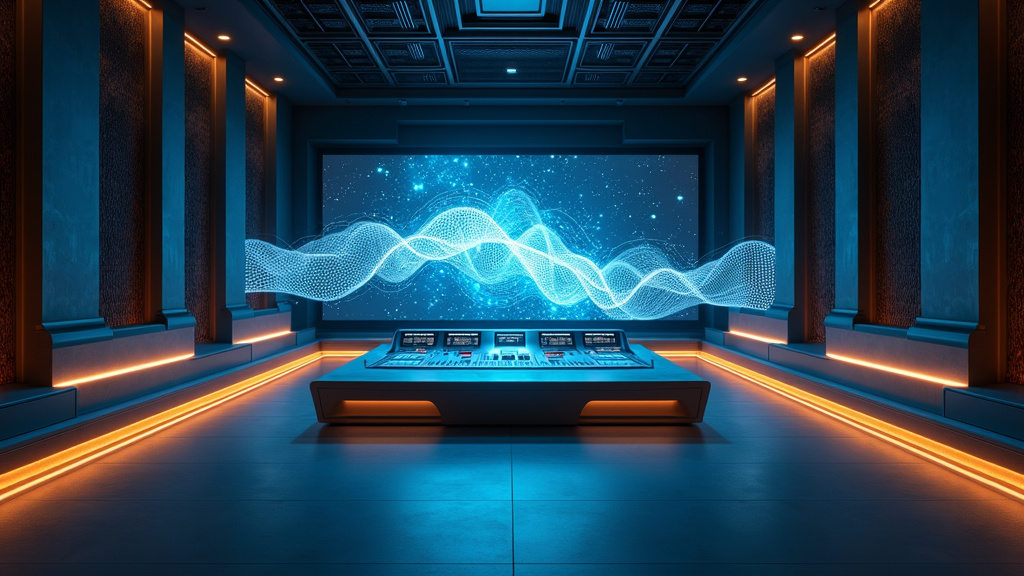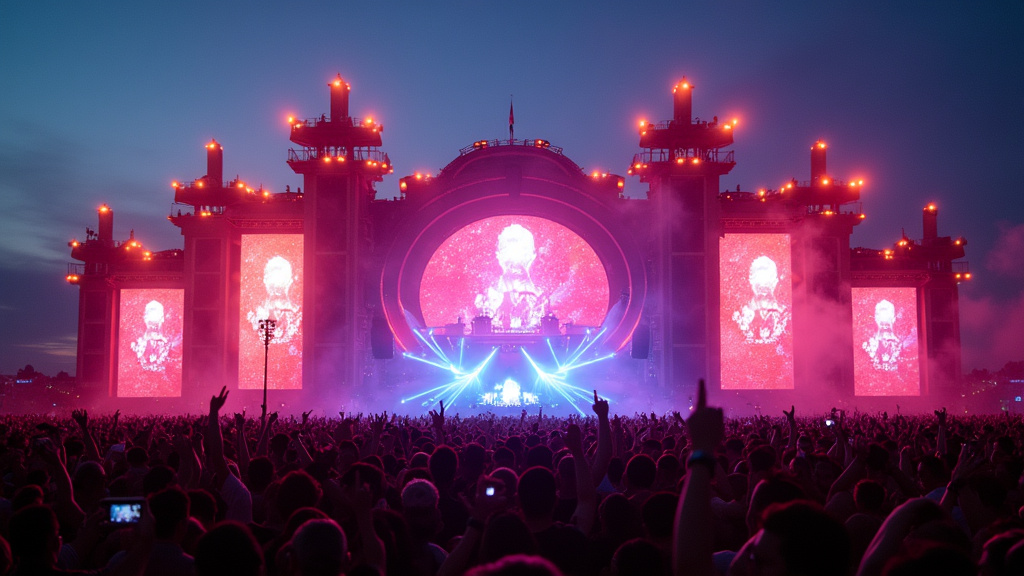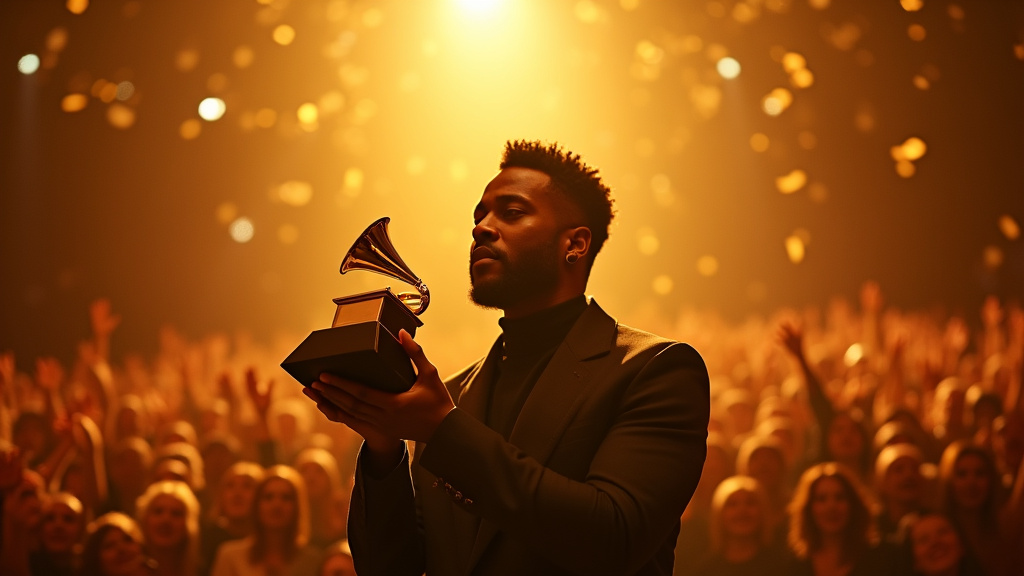The burgeoning field of artificial intelligence is rapidly reshaping industries, and the music sector is no exception. Amidst a landscape often clouded by legal disputes and ethical questions surrounding AI-generated content, Indian music technology startup Beatoven AI is charting a new course with its innovative generative AI foundation model, Maestro. The company claims Maestro is the first of its kind to be fully licensed and fairly trained from the ground up, aiming to set a precedent for responsible AI development in music.
Maestro, developed by Beatoven AI, co-founded by musician Mansoor Rahimat Khan and CTO Siddharth Bhardwaj, represents a significant stride towards integrating artificial intelligence with artistic integrity. Unlike many existing AI music tools that have faced criticism for allegedly using vast, uncredited datasets scraped from the internet, Maestro’s training data has been meticulously curated through official licensing partnerships. These collaborations include entities such as Musical AI, Rightsify, Soundtrack Loops, Symphonic Music, Bobby Cole, Vadi Sound, and Pro Sound Effects. This approach ensures that artists, composers, and rights holders whose works contribute to the AI’s learning process are recognized and compensated through an ongoing revenue-sharing model.
Maestro: A New Foundation Model for Music Creation
At its core, Maestro is a generative AI foundation model designed to create instrumental music. Foundation models, in the broader AI context, are robust, adaptable machine learning frameworks capable of performing a wide array of tasks, a departure from traditional models optimized for a single purpose. Beatoven AI’s vision for Maestro extends beyond simple music generation; it aims to empower creators by providing fine-grained controls that allow artists to explore novel sonic territories, balancing accurate outputs with entirely new sounds. Future iterations are planned to incorporate sound effects and vocals, further broadening its creative potential.
Beatoven AI, which already boasts a user base of two million registered creators who have generated over 15 million tracks using its earlier systems, sees Maestro as a tool to push creative boundaries. Co-founder and CTO Siddharth Bhardwaj, who brings a deep technical background in audio signal processing and machine learning, along with a Master’s in Sound and Music Computing, emphasizes that “hallucinations in foundation models are a feature in music, not a bug.” This perspective suggests that AI’s ability to generate unexpected sounds can be a catalyst for human artistic innovation.
The Ethically Trained Melody: Licensing and Fair Play
The music industry is currently navigating a complex legal and ethical terrain concerning AI. Major record labels have filed lawsuits against AI music platforms, citing copyright infringement for unauthorized use of training data. The core issue revolves around whether AI models trained on copyrighted material without permission constitute infringement or fall under fair use doctrines. The lack of transparency in training data often leaves artists unaware if their work has been used, preventing them from enforcing their rights.
Beatoven AI’s commitment to a fully licensed and fairly trained model directly addresses these industry challenges. By securing explicit licenses and establishing revenue-sharing agreements, Maestro aims to create an AI-powered music ecosystem that respects and rewards human creativity. This ethical framework is crucial for building trust and ensuring the sustainability of AI in music creation, offering a stark contrast to models that rely on potentially infringing practices.
Infusing Indian Rhythms: A Regional Flavor
As an Indian company, Beatoven AI plans to infuse Maestro with a distinct regional flavor by incorporating Indian classical, folk, and popular genres. India’s rich and diverse musical heritage, spanning traditions like Hindustani and Carnatic classical music, alongside vibrant folk styles, provides a unique canvas for AI exploration. While accessing and curating these vast datasets presents its own set of challenges, the company’s focus on regional genres underscores a commitment to celebrating and integrating cultural musicality into its AI offerings.
Business and Artist Empowerment: Beyond Generation
Beyond its generative capabilities, Maestro also includes “Music Intelligence” tools designed for catalog owners. These tools enable labels and publishers to analyze their music libraries, automatically generate metadata, and improve the discovery of back-catalog tracks, offering significant value for music rights management and commercialization. Beatoven AI’s business model leverages subscriptions and APIs, catering to content creators, gaming studios, and film production companies.
The company’s founders, both entrepreneurs with complementary skills in music and technology, envision AI as a collaborative partner that augments, rather than replaces, human artistic expression. This approach seeks to democratize music creation, making professional-quality tools accessible to a wider range of creators.
The Evolving Soundscape: The Future of Music
The rise of AI in music presents a dual narrative: it democratizes creation and opens new avenues for artistic expression, yet it also raises concerns about market saturation, the devaluation of human artistry, and the equitable distribution of revenue. Beatoven AI’s Maestro model emerges as a notable development in this evolving landscape, proposing a path forward where technological advancement is harmonized with ethical licensing and artist compensation. As the industry continues to grapple with the implications of AI, models like Maestro may well pave the way for a more responsible and artist-centric future for music creation, blending the rich tapestry of global music traditions with the transformative power of artificial intelligence.





